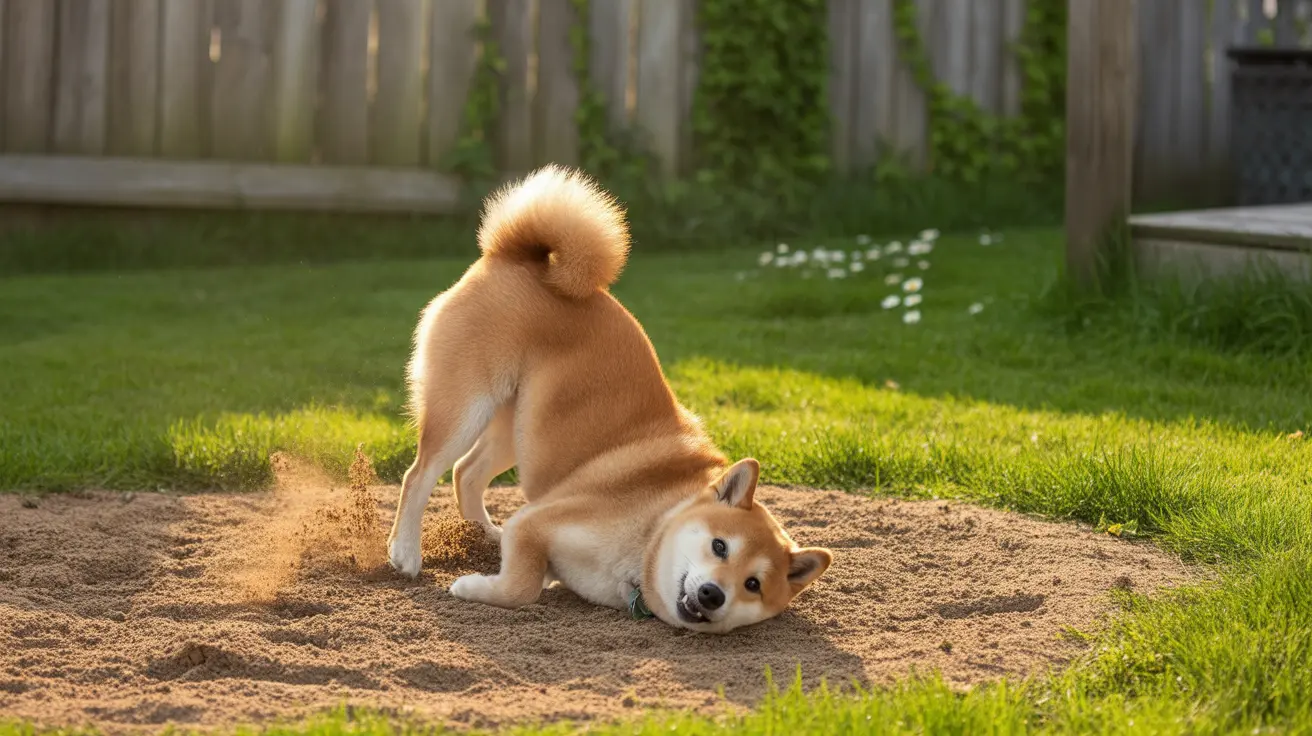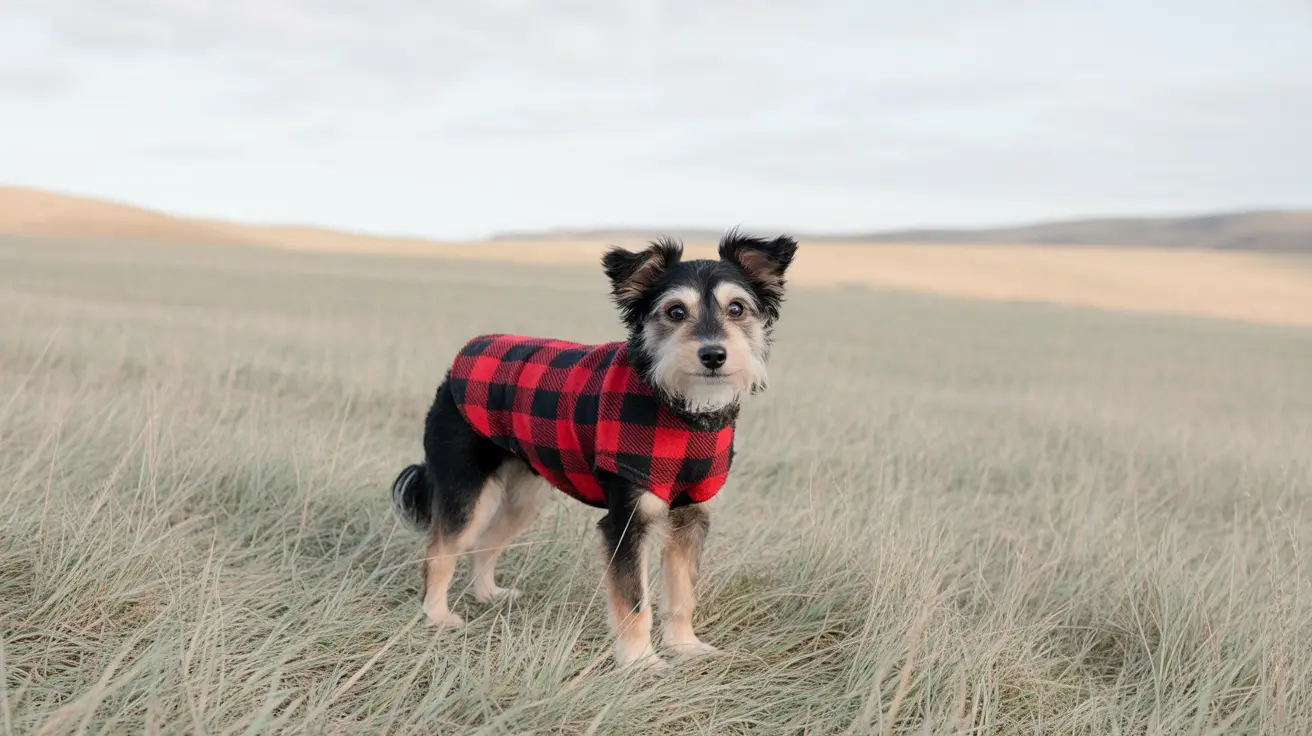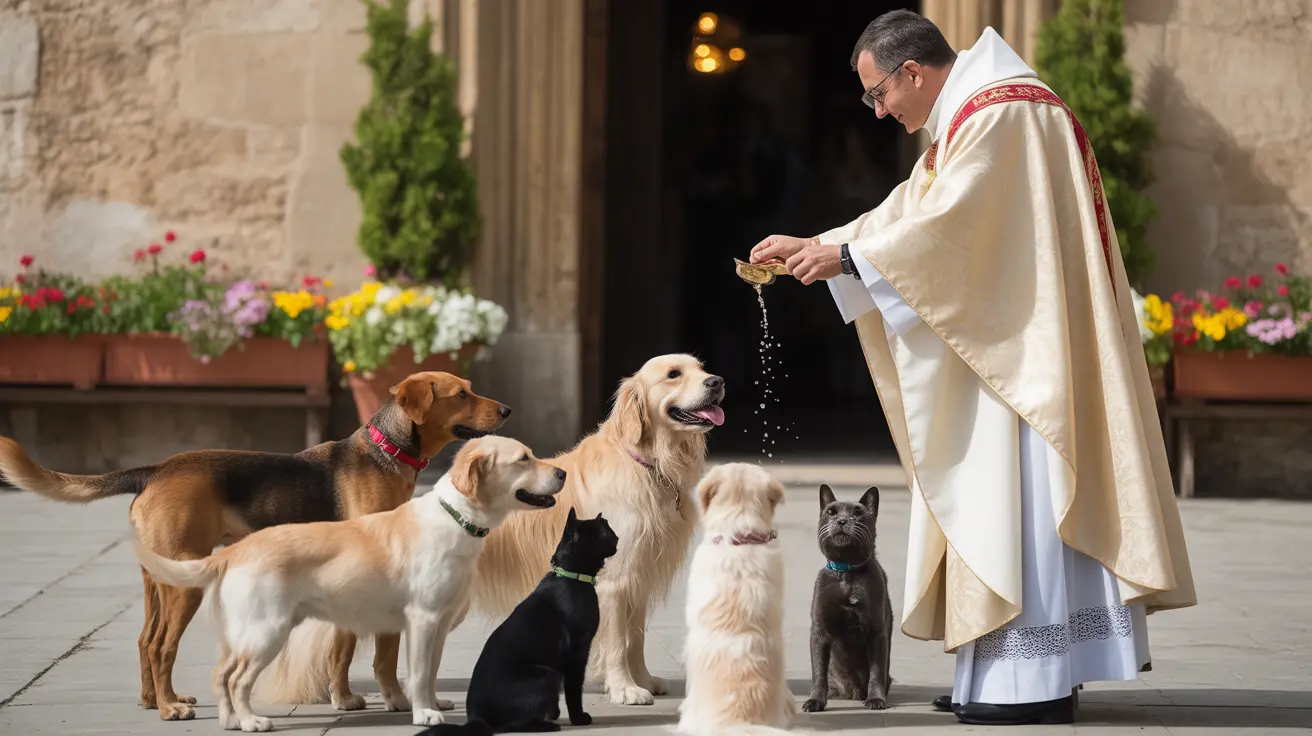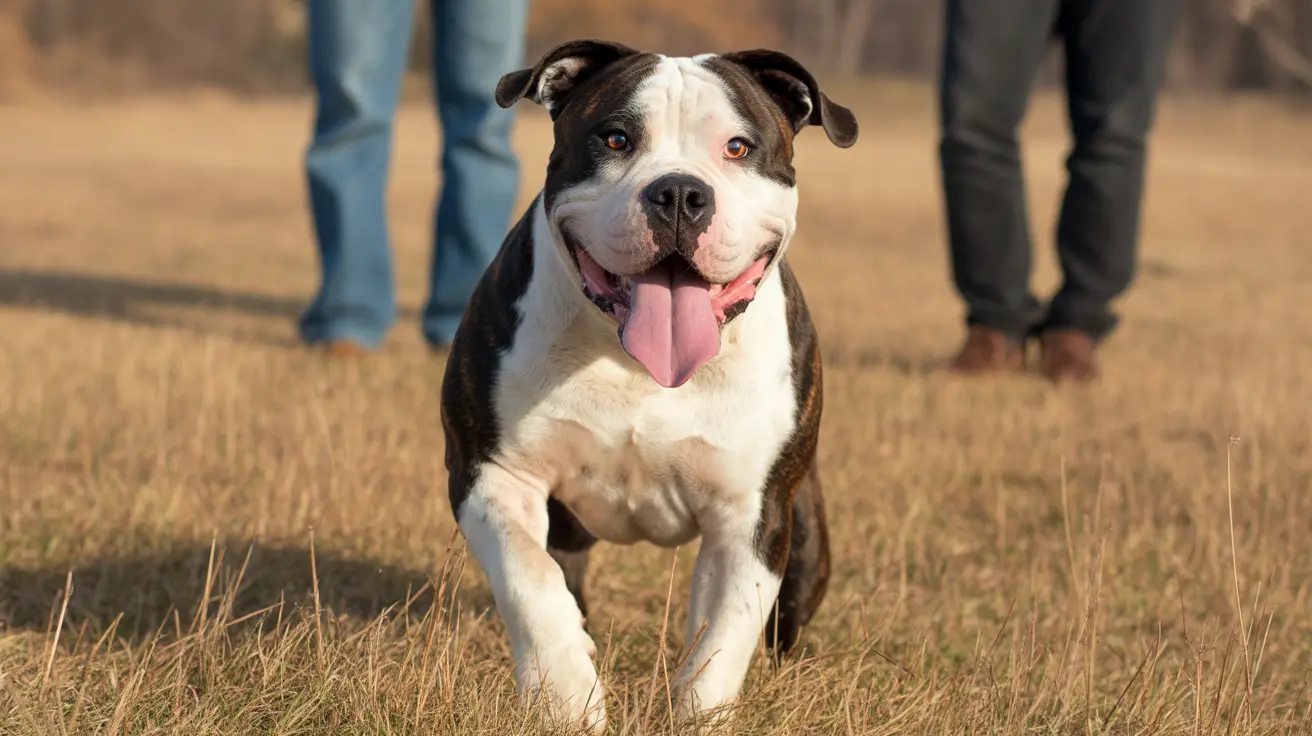If you've ever watched your dog enthusiastically roll around in dirt, you're witnessing a fascinating behavior that connects our domestic pets to their wild ancestors. From simple pleasure to complex communication, dogs roll in dirt for various reasons that reflect both their instincts and environmental needs.
Understanding why dogs engage in dirt rolling can help pet owners better appreciate this natural behavior and know when it might signal potential concerns. Let's explore the science behind this common canine activity and learn when it's normal versus when it might need attention.
The Evolutionary Purpose of Dirt Rolling
Dogs' dirt-rolling behavior has deep roots in their wild ancestry. Wild canines, including wolves, regularly roll in various scents to mask their own odor during hunting. This ancestral instinct remains strong in our domestic dogs, even though they no longer need to hunt for survival.
Research shows that this behavior serves multiple evolutionary purposes, including:
- Masking their scent from potential prey
- Communicating with other pack members
- Marking territory with their own scent
- Gathering information about their environment
Social Communication Through Scent
When your dog rolls in dirt, they're participating in a sophisticated form of social networking. Dogs have specialized scent glands in their skin that release pheromones, which get mixed with the dirt during rolling. This creates a unique olfactory message that other dogs can "read."
This behavior often intensifies in areas where other animals have been, suggesting that dogs use dirt rolling as a way to gather and share information about their environment with other canines.
Physical Benefits and Comfort
Beyond communication, rolling in dirt serves several practical purposes for dogs:
- Natural skin exfoliation
- Relief from itching or irritation
- Temperature regulation on hot days
- Removal of unwanted scents (like after a bath)
- Physical pleasure and stress relief
When Dirt Rolling Becomes Excessive
While dirt rolling is typically normal behavior, excessive rolling might indicate underlying issues such as:
- Skin allergies or infections
- Presence of external parasites
- Anxiety or stress
- Compulsive behavior disorders
If your dog's rolling becomes frequent or obsessive, consult with your veterinarian to rule out medical conditions.
Managing Your Dog's Dirt Rolling Habit
While you can't (and shouldn't) completely prevent this natural behavior, you can manage it effectively:
- Designate safe areas for rolling
- Use positive reinforcement training
- Maintain regular grooming schedules
- Provide alternative forms of enrichment
- Monitor rolling areas for harmful substances
Frequently Asked Questions
Why do dogs roll in dirt after a bath and does it help them dry off?
Dogs often roll in dirt after baths because they want to replace the unfamiliar "clean" scent with more natural odors. While rolling can help them dry off, it's primarily about scent marking and returning to their preferred smell.
How does rolling in dirt help dogs communicate or mark their territory?
Dogs have scent glands in their skin that release pheromones during rolling. This helps them mark territory and communicate with other dogs by leaving their scent and picking up environmental odors.
Is rolling in dirt a way for dogs to cool off or relieve skin irritation?
Yes, dogs may roll in dirt to cool down, especially if the soil is damp or cool. It can also provide relief from skin irritations by acting as a natural scratching post and exfoliant.
Could my dog's frequent dirt rolling indicate a health problem or anxiety?
Excessive rolling might indicate skin problems, parasites, allergies, or anxiety. If your dog's rolling seems compulsive or is accompanied by other symptoms, consult your veterinarian.
What can I do to manage or reduce my dog's habit of rolling in dirt safely?
Create designated safe areas for rolling, maintain regular grooming, use positive reinforcement training, and ensure your yard is free from harmful substances. Never punish this natural behavior, but redirect it when necessary.
Conclusion
Dirt rolling is a natural and important behavior for dogs, rooted in their evolutionary history and serving multiple purposes in their daily lives. While it might not always align with our human preferences for cleanliness, understanding and properly managing this behavior can help maintain a happy balance between our dogs' natural instincts and our domestic lifestyle.






